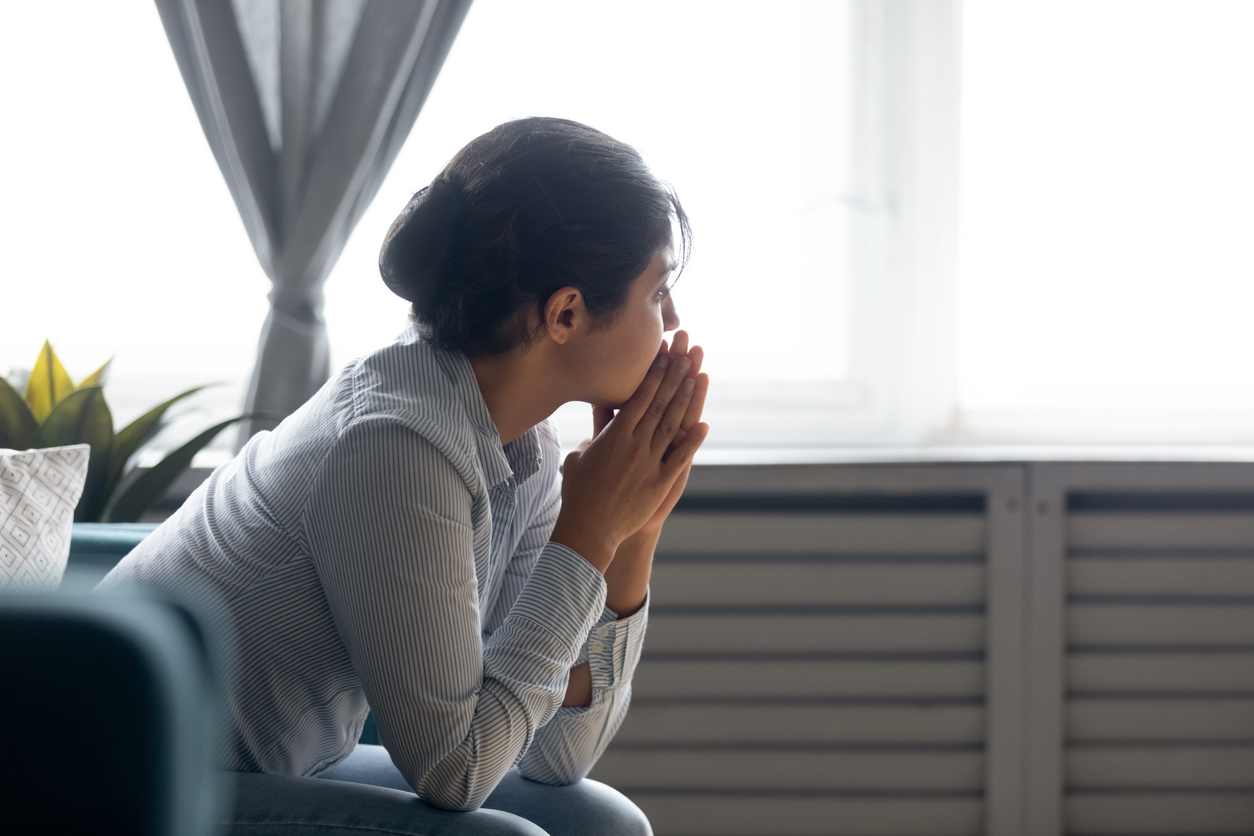
Conversations around mental health often provoke strong reactions, especially when the topic relates to children. Some people place the blame for the current mental health crisis on 21st-century novelties such as social media and hand-held devices. Other people point out that the uptick in mental health diagnoses is a sign that society is finally paying attention to a problem that has been around since the beginning of time. Today’s youth can benefit from natural anxiety relief for teenager, but it’s also important to understand how gender plays a role in mental health in teens.
Social Settings
Gender is a socially constructed category, so it follows that the impacts of gender on mental health play out in social settings. Most teens experience some discomfort in social settings as they grow up. From school to extracurriculars to parties, teenagers face constant challenges when it comes to navigating the world.
Yet, girls tend to experience a higher rate of anxiety and other mental health issues than boys. Associating this phenomenon with sex hormones alone overlooks the reality of how systems of gender discrimination and patriarchy shape the lives of girls, women, and gender non-conforming individuals. These systems not only treat boys and girls differently, but they also set up unrealistic and unfair expectations based on gender. Girls may feel that they have to care more for their external image, for example, and this may connect to instances of eating disorders and shame around physical appearance.
Another example of this disparity is that ADHD symptoms in women often go overlooked while symptoms in boys often result in an ADHD diagnosis. Girls and women learn to internalize symptoms such as being hyperverbal or having difficulties focusing. Also, society minimizes these symptoms by referring to women and girls using demeaning adjectives such as chatty, lazy, and messy. By turning this mental health issue into a personal failure, it’s even harder for women and girls to get an accurate diagnosis.
Home Life
Gender disparity doesn’t stop once teens walk into their homes after school. Some of the same gender roles that people impress on teens at school and in social settings get reinforced at home. It’s not always easy to identify when a child is experiencing severe anxiety, and not all parents have the necessary knowledge to look at their children’s struggles through the lens of gender. Some girls receive more comments about their bodies and appearance than their brothers or cousins do, and there may be the expectation that girls should chip in more around the home than boys.
The experiences that girls and boys have in their pre-teen and adolescent years impact them throughout life. Having strong support to develop good mental health habits early on will set teenagers up with the tools they need to cope with whatever life throws at them.
If you have questions about how to support your teen when it comes to mental health, you can learn about the complexities of an ADHD and anxiety medication combination for your teen. Discover the benefits of OTC anxiety medication for your children so they can experience the best that life has to offer.